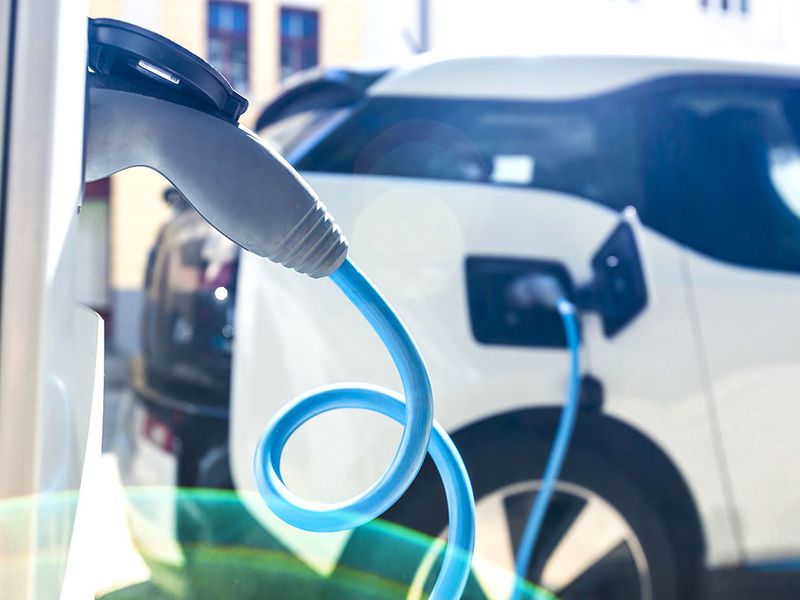
Connected and autonomous vehicles bring a lot of benefits to the transportation and mobility spaces.
But broader deployment and adoption of these advanced vehicles could impact the overall energy consumption of these sectors, industry experts warned during a panel that was part of SAE International’s WCX Digital Summit this week.
A vehicle’s level of automation, type of connectivity, class, powertrain type and the type of connected or automated functions it has can all influence its energy consumption, David Anderson, program manager for energy efficient mobility systems at the U.S. Department of Energy, said Wednesday in a session on the energy implications of connected and autonomous vehicles.
Technology adoption, the operating environment and vehicle test procedures all have an impact as well, he said.
A lot of opportunities for reducing energy consumption can come specifically from the light-duty sector, said Chris McCarthy, autonomous vehicle environmental compliance engineer at Ford Motor Co. This includes optimized vehicle usage, reduction of single-occupancy vehicles, more efficient driving and bolstering transportation accessibility.
But testing and assessing energy consumption for these systems is challenging, he said.
“Historically, we would just look at how much energy the vehicle itself had been using via fuel economy or mpg range for the electrified products,” he said. “With the advance of the AV systems via Level 1 all the way through 5, there are definitely opportunities in energy savings. That said, as of now, there are no easy steps to show that improvement, and on an OEM level, there’s no clear way to take advantage of those savings.
“The big question is — these systems also take a lot of power too, so we have to figure out: Are we at net neutral yet? Are we at net positive? We’re still working on that,” McCarthy added.
Michael Gerty, director of advanced research at PACCAR Technical Center, said he anticipates that a combination of in-lab and simulated testing will be necessary to move these technologies forward and to survey their consumption. Self-driving tech company Aurora announced this year it is partnering with PACCAR for self-driving truck development.
“I foresee a lot of that being needed as we move forward with these things that are more complex to test,” Gerty said. “I think simulation is going to be a key part of this.”

